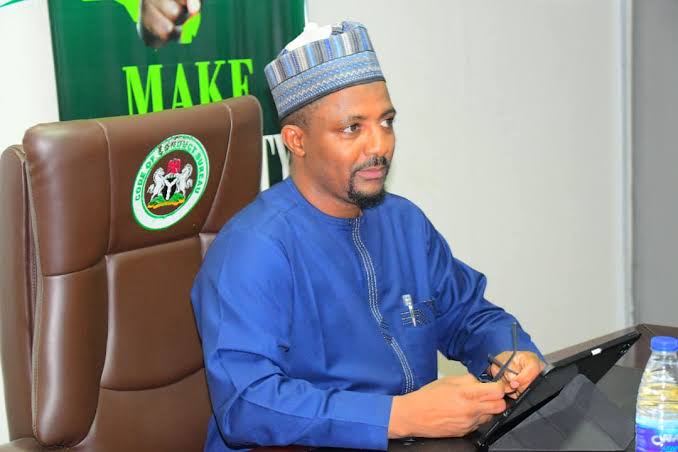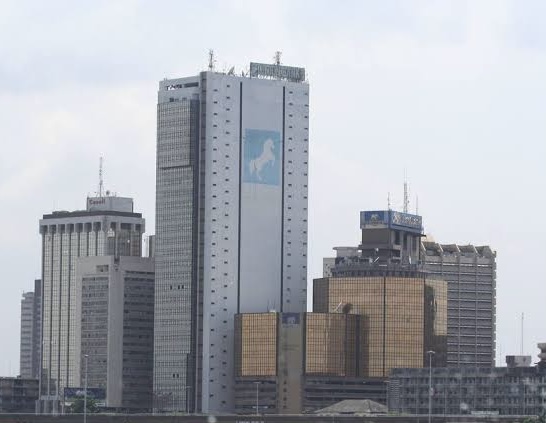
Nigeria’s hospitality industry—anchored by business hotels in Abuja and Lagos and coastal/leisure properties across the South—has been through a demanding cycle. Cost–of–living pressures have softened discretionary spending, even as hotels scramble to retain talent in food & beverage, rooms, security, housekeeping, engineering and events. In this environment, HR execution is a competitive differentiator: pay integrity, rosters, training, safety culture, and employee voice directly shape service quality and brand reputation. Below is a fact-based comparison of leading operators, using only verifiable public sources and clearly flagging anecdotal signals from employee-review platforms.
Four themes that separate leaders from laggards
- Pay, benefits and the service-charge question
Compensation pressure has intensified since the national minimum wage rose to ₦70,000 in July 2024. The Supreme Court has held that hotels cannot rely on service charge to meet statutory minimum wage—service charge is not a substitute for pay—so operators must fund wage floors from base payroll, not gratuity pools. That legal clarity matters for outsourced roles (stewarding, security, casual banquet teams) where misclassification often occurs. - Scheduling, rosters and work–life balance
Public reviews across brands consistently praise camaraderie, free staff meals and transport, but flag long shifts, weekend rotations and seasonal peaks. Where rosters are predictable and relief staffing is real, work–life balance scores trend higher; where “casual” status lingers for years, motivation erodes. - Capability building and internal mobility
International chains (Marriott brands such as Protea and Sheraton; Radisson) score well on structured SOPs, performance reviews and standardized training. Employees frequently mention exposure to systems and the chance to “learn on the job,” but also ask for faster conversion from casual/contract to core roles. - Employee voice, union presence and change management
Nigerian hotels operate with an active sector union (NUHPSW). Brand transitions (for example, Sheraton Abuja’s rebrand to Abuja Continental after Marriott’s exit) test how well owners and managers communicate redeployments, benefits continuity and HSE practices. Properties that treat communication as an HR process—not a press release—maintain trust during refits and turnarounds.
Comparative snapshot: public review signals (Nigeria)
Transparency note: The table summarises Nigerian employee-review content (Indeed/Glassdoor) and basic company facts. These are self-reported experiences—use as signals, not audits. Where explicit outsourced/“casual” mentions appear, they are quoted; otherwise only general HR themes are reflected.
| Brand / Property | Headline signals from public reviews (Nigeria) | Indicative HR themes |
| Transcorp Hotels Plc (Transcorp Hilton Abuja) | Glassdoor overall 4.1/5; WLB 3.0; Culture 3.9; Career 4.3. “Fair salary… career growth; pressure at peak times.” | Competitive total package; structured development; manage peak-season fatigue |
| Eko Hotels & Suites (Lagos) | Staff cite strong culture, learning and team spirit; “wage raises few and far between.” | Stable culture; review merit-increase cadence; protect WLB in banqueting |
| Radisson Blu (Lagos) | “Good place to work… management listens… free lunch.” Recent Nigeria reviews positive on appreciation and systems. | SOP discipline; recognition; roster discipline to sustain WLB |
| Protea Hotels by Marriott (Lagos) | “Fun place… less pressure… good results.” Emphasis on teamwork; training via brand standards. | Consistent SOPs; capability building; watch conversion time from casual to core |
| Sheraton Lagos (Marriott) | “Good place to work, but you remain a casual for long… pay low for casuals.” Also notes free meals; long hours. | Address extended casualisation; protect breaks and fair scheduling |
| Abuja Continental (formerly Sheraton Abuja) | Ownership/brand transition; media note turnaround efforts. Guest reviews praise staff; limited staff-review volume. | Change-management discipline; retain talent through refit cycles |
| Lagos Continental Hotel | Mixed signals: “place to grow” with healthcare and meals; other posts flag toxic pockets; Glassdoor 83% recommend. | Strengthen manager consistency; codify feedback loops |
| Federal Palace Hotel (VI) | Many positive culture notes; one Lagos review flags poor pay and perceived disparities; others cite development. | Benchmark pay; ensure equity across roles and vendors |
| Reiz Continental (Abuja) | “Great place to work… breakfast & lunch… strong teamwork.” | Reinforce welfare basics; maintain team-culture advantages |
What good looks like (practical levers for GMs and HR)
- Pay integrity and compliance
Implement a pay-floor audit (core and outsourced) and ring-fence service charge for distribution rules—not wage substitution—to align with the Supreme Court position. Publish a monthly “pay-on-time” KPI covering contractors and casuals. - Rosters with recovery
Move to 8–9 hour roster blocks with guaranteed recovery days in high-demand units (banquets, stewarding, front office). Tie supervisor KPIs to schedule adherence and rest-day compliance referenced in staff feedback. - Conversion pathways and skill ladders
Define time-bound pathways from casual/outsourced to fixed-term or permanent roles where performance and demand justify. Link conversions to brand SOP certifications (Marriott/Radisson modules) and cross-training credits. - Employee voice that works
Post plain-language grievance routes, response SLAs and a monthly “opened→resolved” dashboard backstage. Where NUHPSW is present, co-design safety and wellness committees and communicate outcomes to shifts, not just to EXCO. - Change-management playbooks
During brand transitions or refits (e.g., Abuja Continental’s shift from Sheraton), publish timelines for redeployment, keep benefits continuous, and train supervisors to communicate changes early and often.
Bottom line
In hotels, the guest sees service; the employee experiences the system. Operators that treat pay integrity, predictable rosters, conversion pathways and voice as non-negotiables will hold onto talent and deliver steadier service—even when the macro economy is choppy.
About the Author
Dr Olufemi Ogunlowo is the Publisher of Anchor News and the CEO of Strategic Outsourcing Limited, a leading provider of personnel and business process outsourcing services in Nigeria.












